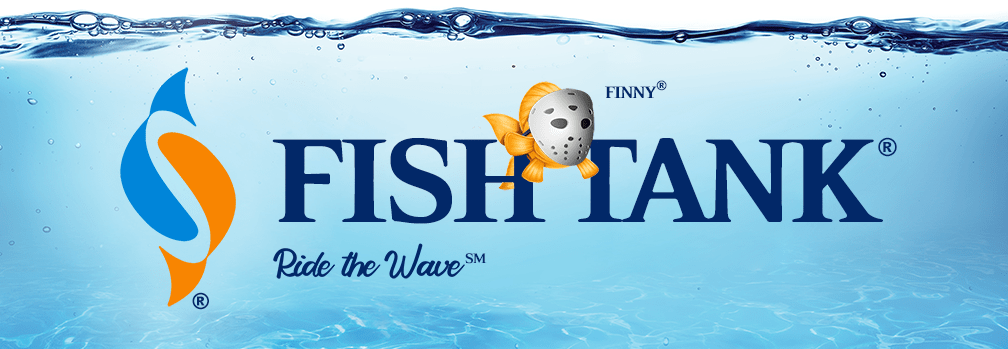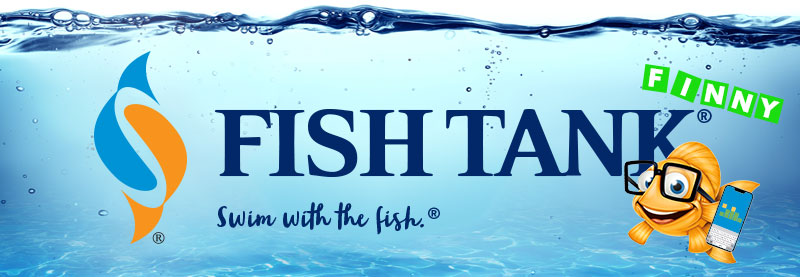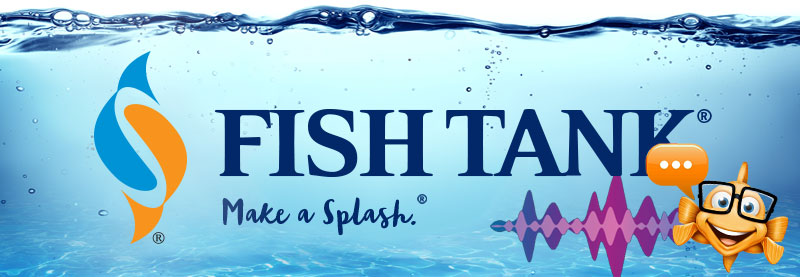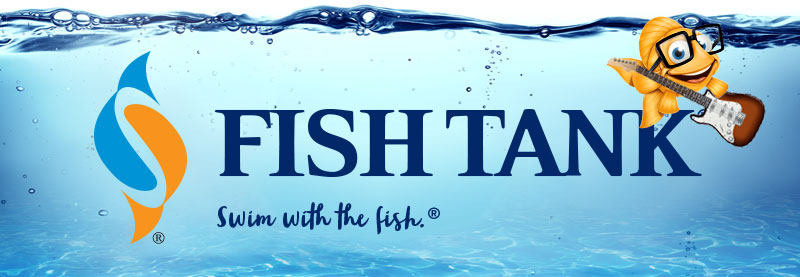Intellectual Property Insights from Fishman Stewart PLLC
Newsletter – Volume 22, Issue 10
Share on Social

Reclaiming Friday the 13th
It is said to be an omen of bad luck when a Friday falls on the thirteenth day of a month. Today is Friday May 13th, so hopefully luck is on our side today. In honor of this auspicious event, we have a spooky story about a dispute over copyrights to the classic horror film Friday the 13th.
In 1979, film producer Manny, Inc. hired screenplay writer Victor Miller to write a screenplay for a horror film that would become Friday the 13th. Miller and Manny signed a contract and agreed that Manny would pay Miller $9,200 to write the screenplay. Quite a measly sum considering the movie generated nearly $40 million at the box office in 1980 alone and launched a movie franchise that now touts 12 films, a television series, and plenty of merchandise with the iconic killer’s hockey mask.
However, in a plot twist fit for a horror film, although the contract was signed in 1979, it was based on an older contract template drafted in 1977. This older template had not been updated to reflect major changes in copyright law that occurred in 1978. It therefore lacked contractual provisions that would have deemed Manny the legal author and owner of the screenplay rather than Miller, and that would have prevented Miller from being able to legally claw back his rights to the screenplay 40 years later. Instead, after several years of litigation and appeals, Miller was declared both the sole legal author and the owner of copyright in the screenplay.
The Friday the 13th copyright dispute is a scary reminder to update your contracts frequently to take into consideration the most recent legislation and court decisions on intellectual property law. The consequences of failing to do so could leave you screaming bloody horror!
Published Friday the 13th of May, 2022

Finny continues his adventures around the world!
This week, Finny was spotted with Mike Fishman and Lily Barash at the International Trademark Association’s annual meeting in Washington DC, as well as exploring a forest and enjoying time at the beach. Follow Finny and see more of his adventures HERE.



Related Content from Fishman Stewart
Car enthusiasts are buzzing about Alfa Romeo's latest SUV which is also its first EV (plus a hybrid option). Initially branded as “Milano,” the name was changed to "Junior" after it was announced that the car would be produced in Poland.
The online word game Wordle was created in 2021 by Josh Wardle and quickly rose in popularity. Players receive a new puzzle daily with six chances to correctly guess a five-letter word of the day with limited clues.
In a recent decision, the U.S. Court of Appeal for the Eighth Circuit affirmed a jury verdict holding that the use of the "Success Kid" meme by a congressman's reelection campaign for fundraising purposes did not qualify as fair use.
In February 2024, proposed legislation was introduced in US House of Representatives which would extend copyright protection to golf courses. The bill is titled “Bolstering Intellectual Rights against Digital Infringement Enhancement Act” or the “BIRDIE Act”.
OpenAI recently held a live demonstration of a new ChatGPT version that included the use of an AI personal assistant voice dubbed “Sky.” Many observers compared Sky to Scarlett Johansson’s voice in the 2013 Spike Jonze romantic sci-fi film “Her,” which centers on a man who falls in love with the female voice of his computer’s operating system.
June is Pride Month, which honors the 1969 Stonewall Uprising in Manhattan and recognizes the impact that lesbian, gay, bisexual, and transgender (LGBTQ+) individuals have had on history locally, nationally, and internationally. The United States Patent and Trademark Office flies the Pride Flag and promotes the Pride community’s contributions with programming offered annually.
First-time inventions have led inventors to great successes throughout history, sometimes immediately, sometimes after several more attempts at more useful inventions. In the U.S., two very famous inventors with contrasting first-time experiences are Thomas Edison and Alexander Graham Bell.
June is Pride Month. This year we are celebrating with some IP tips for drag performers! Drag performers can protect their intellectual property by registering the copyrights in their original works of music, choreography, and comedy sketches.
Bands often start out as creative endeavors among friends, and bands may not prove lucrative for many years, if at all. Until bands break up, thought and planning may not be given to who is the owner of the band names and entitled to use them going forward.
You’re rarely more than a few yards from Finny’s favorite chips, semiconductor chips to be precise. But what exactly is a semiconductor chip?
IDENTIFYING, SECURING AND ADVANCING CREATIVITY®

















